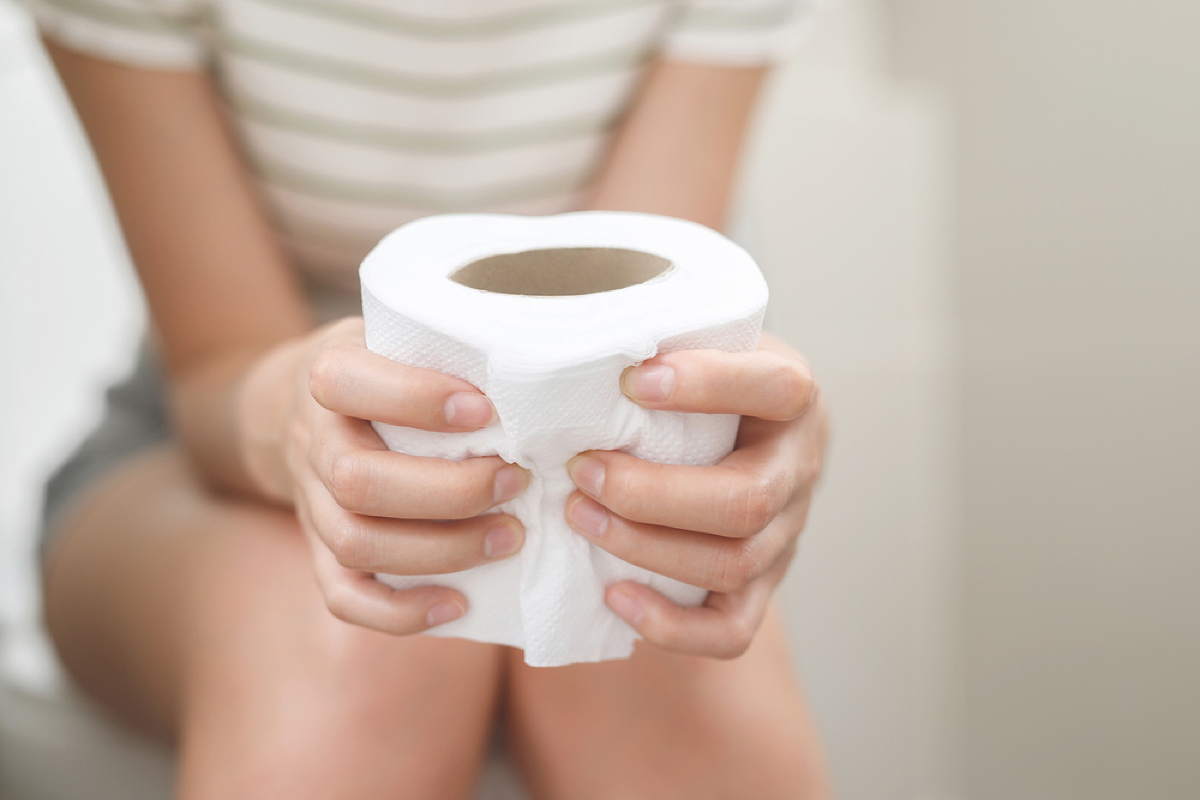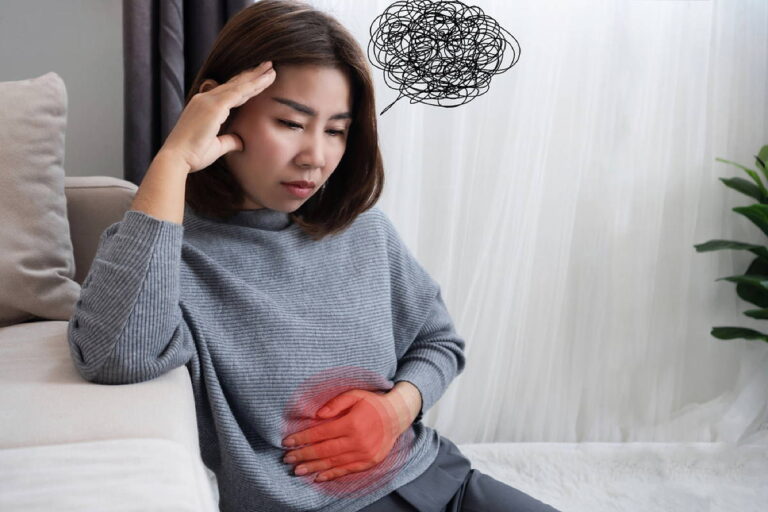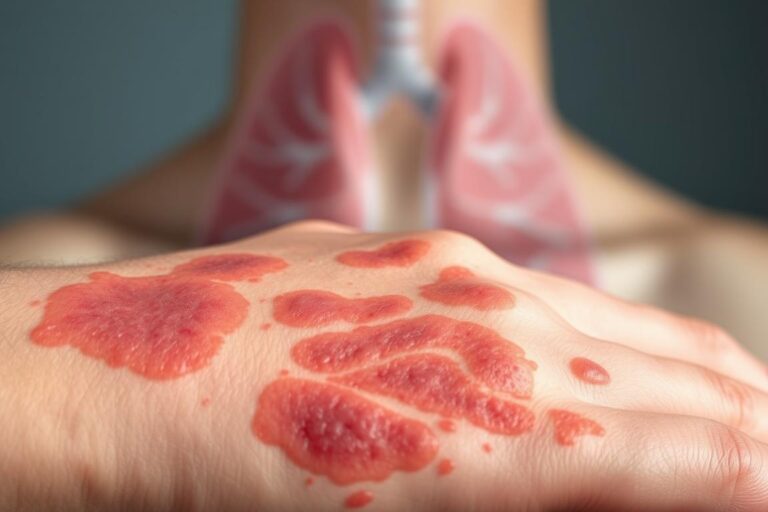What helps against diarrhea? Home remedies and medicine
Diarrhea is a common problem that can affect anyone. The body loses a lot of fluid and important minerals, the so-called electrolytes.
It is important to replenish these losses quickly to avoid dehydration. There are various effective home remedies that have been used successfully for generations and often provide rapid relief.
In addition to home remedies, certain medications can also help to alleviate the symptoms and speed up the healing process. In this article, we will provide a comprehensive overview of the various treatment options for diarrhea.
Understanding diarrhea: Definition and types
Diarrhea is a common health problem that affects people of all ages. Understanding the definition and types of diarrhea is crucial for proper treatment.
Acute vs. chronic diarrhea
Diarrhea can be acute or chronic. Acute diarrhea occurs suddenly and usually lasts no longer than a few days. Chronic diarrhea, on the other hand, lasts for a longer period of time and may indicate an underlying illness.
Recognize typical symptoms
The main symptoms of diarrhea are frequent bowel movements, liquid or mushy stool consistency and an increased amount of stool. Accompanying symptoms may include abdominal pain, cramps, flatulence or a general feeling of discomfort. In more severe cases, fever, nausea or vomiting may also occur.
| Symptoms | Description |
|---|---|
| Frequent bowel movements | More than three times a day |
| Stool consistency | Liquid or mushy |
| Accompanying complaints | Abdominal pain, cramps, flatulence |
The nature and intensity of the symptoms can provide clues as to the cause of the diarrhea and should be taken into account when deciding on treatment.
Common causes of diarrhea
Diarrhea can be triggered by a variety of factors, from infections to food intolerances.
Infections and pathogens
Infections with bacteria, viruses or parasites are common causes of diarrhea. These pathogens can be ingested through contaminated food or water.
Food intolerances
Food intolerances, such as lactose intolerance or gluten intolerance, can also trigger diarrhea. One
Medication and other triggers
Certain medications, such as antibiotics, can affect the intestinal flora and lead to diarrhea. Other triggers can be chemotherapy, radiotherapy or psychological stress.
Some examples of medications that can cause diarrhea are laxatives, stomach acid blockers and certain painkillers.
“The gut-brain axis plays an important role in the regulation of bowel movements and can be influenced by psychological stress.”
When to go to the doctor? Pay attention to warning signals
It is important to recognize the warning signs that indicate a visit to the doctor is necessary. Diarrhea can usually be treated with home remedies, but certain symptoms and risk factors require medical consultation.
Alarm signs in adults
In adults, there are certain alarm signs that may indicate a serious illness. These include severe abdominal pain, bloody stools, high fever and signs of dehydration such as severe thirst, dry skin and reduced urine output.
- Severe abdominal pain that does not subside
- Bloody or black stool
- High fever above 38.5°C
Special caution for risk groups
Certain groups of people are particularly susceptible to complications from diarrhea. These include infants, young children, the elderly and people with chronic illnesses.
- Infants and young children due to their low body weight and inability to compensate for fluid loss
- Older people due to their lower physical reserves and possible pre-existing conditions
- People with chronic illnesses such as diabetes or cardiovascular diseases
What helps against diarrhea? Proven household remedies
If you have diarrhea, certain home remedies can provide quick relief. Diarrhea can be hard on the body, but there are some simple methods to relieve the symptoms.
Healing earth and activated charcoal
Healing clay and activated charcoal are two household remedies that can help with diarrhea. They can bind toxins and bacteria in the intestines and thus alleviate the symptoms. For example, healing clay can normalize bowel function.
Teas with a plugging effect
Certain types of tea, such as black tea or chamomile tea, can help with diarrhea. They have a constipating effect and can calm bowel movements. These teas can be drunk several times a day to alleviate the symptoms.
Warmth and relaxation
Heat can provide relief for diarrhea with cramping abdominal pain. A hot water bottle or a heating pad on the abdomen can relax the muscles and promote blood circulation. Relaxation techniques such as deep abdominal breathing or progressive muscle relaxation can also help to calm the body.
The right diet for diarrhea
The right diet can help relieve the symptoms of diarrhea. Adequate nutrition is crucial to support the body and promote recovery.
Recommended foods
Easily digestible foods are recommended for diarrhea. These include bananas, rice, apple sauce and toast. These foods are mild and can help to stop the diarrhea.
Some foods such as natural yogurt can also be helpful as they support the intestines.
Foods that should be avoided
There are certain foods that should be avoided if you have diarrhea. Fatty and fried foods can put a strain on digestion and worsen the symptoms. Likewise, strongly spiced and flatulent foods such as cabbage and pulses should be avoided.
Drinks containing caffeine can also have a laxative effect and should therefore be avoided if you suffer from diarrhea.
Balance fluid and electrolyte levels
Diarrhea requires special attention to the fluid and electrolyte balance. The body not only loses water, but also important electrolytes, which are necessary for many bodily functions.
How much should you drink?
For adolescents and adults, it is important to ensure sufficient fluid intake. The recommendation is to drink at least 1 liter of fluid per day if you suffer from diarrhea.
Produce electrolyte solutions yourself
It is particularly important for young children to compensate for electrolyte loss. A simple solution is apple juice spritzer, which should be drunk in sips. You can also make your own electrolyte solutions by mixing water with a pinch of salt and sugar.
Suitable drinks for diarrhea
Suitable drinks are still water, still mineral water and tea, especially black tea, fennel tea or camomile tea, lightly sweetened with sugar. Clear broths are also a good choice as they provide fluid and electrolytes. Carbonated drinks, coffee and alcohol should be avoided.
Medication for the treatment of diarrhea
Drug treatment for diarrhea depends on the cause and can include over-the-counter preparations or antibiotics. In adults and adolescents, it is generally not necessary to treat acute diarrhea separately, as it usually resolves itself within a few days.
Non-prescription preparations from the pharmacy
Over-the-counter medications can help to alleviate the symptoms of diarrhea. These preparations can improve the frequency and consistency of stools and thus increase patient comfort.
When are antibiotics useful?
Antibiotics are only prescribed by the doctor for diarrhea in certain cases, such as severe bacterial infections. The decision for antibiotic therapy depends on the severity of the symptoms, the detection of the pathogen and the patient’s general state of health.
It is important that the treatment of diarrhea is carried out under medical supervision in order to make the correct diagnosis and choose the appropriate therapy.
Special situations: Diarrhea in children and during pregnancy
In certain life situations, such as during pregnancy or in childhood, diarrhea can pose particular challenges.
Diarrhea in babies and toddlers
Diarrhea in babies and young children requires special attention as they can quickly become dehydrated. It is important to look out for signs of dehydration and consult a doctor if necessary.
Sufficient fluid intake is crucial to compensate for the loss of water and electrolytes.
Diarrhea during pregnancy
Although diarrhea during pregnancy is unpleasant, in most cases it poses no danger to mother or child. It can be caused by hormonal changes, food intolerances or infections.
Special care should be taken if the diarrhea is accompanied by fever, severe abdominal pain or bloody stools. In such cases, a doctor should be consulted immediately.
Treatment should initially be carried out with safe home remedies such as adequate fluid intake and an easily digestible diet.
Prevent diarrhea and stay healthy in the long term
A combination of good hygiene, a balanced diet and a healthy lifestyle can significantly reduce the risk of diarrhea. Regular hand washing before eating and after using the toilet is crucial.
A balanced diet rich in fiber and fermented foods such as yogurt or sauerkraut strengthens the intestinal flora and increases resistance to infections. Special precautions should be taken when traveling to countries with lower hygiene standards.
By combining these measures, you can effectively prevent diarrhea and stay healthy in the long term by protecting your body from infections.






